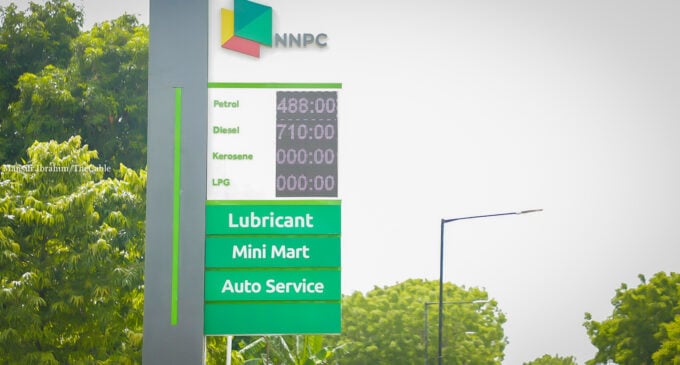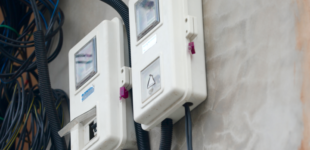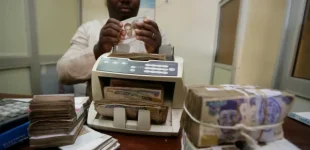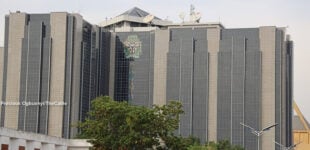Musings on subsidy removal

BY MICHEAL BUNUJU
When subsidy on premium motor spirit (petrol) started in Nigeria in the 1970s as a response to the oil shock of 1973, the idea was to cushion the rising global oil prices. This was done by a military government that is considered less people-oriented when compared to democracy. Petrol subsidy existed from the 1970s seamlessly as the cost was negligible compared to how it affected the well-being of the ordinary Nigerian.
It is important to note that the subsidy that existed initially is quite different from the type that ended recently. Prior to the importation of petroleum products, Nigeria was subsidising production because our refineries were working so we could produce and even export petroleum products and the regime of President Ibrahim Babangida benefited from the gulf war oil windfall. Nigeria made over $12.4 billion from oil export sales.
Today, the same scenario is playing out with the Russia and Ukraine war; while other oil-producing nations like Saudi Arabia and Angola are smiling to the banks, Nigeria is broke simply because we can’t fix our refineries due to the ineptitude of successive governments.
Problems started when the Nigerian government moved from subsidising production to subsiding consumption with the deliberate mismanagement of our refineries due to the insensitive nature of the government. Our refineries have been moribund yet exist for exploitation; they incur expenses without any product in the market and no one seems to agree that anything is wrong with that. The deliberate inaction on the part of the management of our refineries by the government and the dependence on the importation of petroleum products is what demonised the subsidy regime.
Subsidy is not evil, as some might want us to believe, but its implementation. How can we say we don’t have accurate data on petrol consumption in Nigeria? Subsidy costs took a quantum leap from less than N700 billion per annum under President Goodluck Jonathan to almost N6 trillion under President Muhammadu Buhari. This is astronomical. What happened?
The removal of the subsidy in the manner it was removed appears to be knee-jerk because there was no platform for the removal. The government would have aided expeditious production of refined products from the Dangote refinery and the Port Harcourt refinery, which is almost done with its turnaround maintenance, and this would have made the subsidy removal less felt by the citizenry.
It is risky for any government not to be assured of the security of its energy and food, and this is the reason why advanced countries like the United States, Russia, and China still have various forms of subsidies in place, especially for food and energy.
Courage is the word some Nigerians have ascribed to the action of the President towards subsidy removal, while I agree that it was courageous to do so because of the indolence of previous governments.
This courage was wrongly channelled to the helpless citizens of Nigeria instead of the authorities in charge of managing the subsidy regime.
I prefer the courage to ask for accurate consumption data of petrol from the handlers and also address the protectors of our borders on smuggling these products to neighbouring countries. This is important because there have been disagreements between authorities like the Nigerian Customs and the NNPCL about the quantity of petrol consumed in Nigeria.
I recall that at a time, the comptroller general of Customs disagreed with the consumption numbers bandied by the NNPCL. Shouldn’t this call for investigation? Government cannot shift the blame for not being able to check the corruption in the subsidy regime. Removing petrol subsidy out-rightly is tantamount to cutting off one’s head because of a headache.
If the government cannot check the corruption in subsidy payment, where is the assurance that the same government can ensure that the supposed savings from removing fuel subsidies will be transparently utilised? The masses feel the pain of this removal. Prices of essential commodities have soared with no commensurate increment in wages and income.
I don’t envy President Bola Tinubu because the Nigerian economy is precipitous—no thanks to the gross ineptitude of the immediate past government that was bedevilled with grand corruption. The country will recover not less than N10 trillion if it scrutinises subsidy payments in the past four years, the former accountant general saga, the ministry of power saga, the Naira redesign, and the late latest Hadi Sirika show.
My candid advice to President Bola Tinubu is to recover as many stolen funds as possible if Nigerians must take his administration seriously. Nigerians have seen the worst of governance in the past eight years. It is hoped that the plans and programmes of the new government would indeed set the country on a sound footing toward translating our hopes and aspirations into tangible realities.
Views expressed by contributors are strictly personal and not of TheCable.

















There are no comments at the moment, do you want to add one?
Write a comment